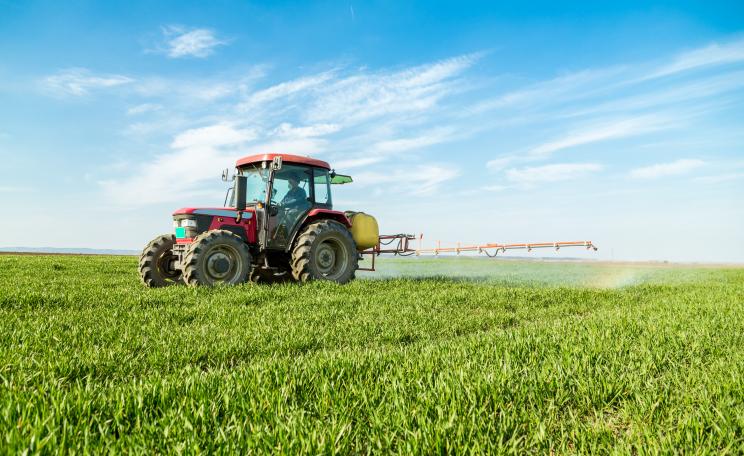Breast Cancer UK is launching a national campaign in December calling for a ban on the use of BPA in babies bottles
Health campaigners have criticised the Food Standards Agency (FSA) for dismissing evidence about the impact of bisphenol-A (BPA) on human health, particularly younger children.
Bisphenol A (BPA), a plastic additive, is used in the coating applied to the insides of food cans and allows it to be heated to kill off bacteria without the metal in the can contaminating the food contents. It is used on a wide variety of food containers including baby bottles and training cups.
Its safety has again been called into question by a recent report published in the US consumer magazine Consumer Reports, which found the chemical in a wide range of canned food in the US.
The report said current guidelines in the US were outdated and did not reflect the more recent studies on the health risks from small doses of BPA.
Different standards
But the FSA said the same concerns do not apply to the UK or Europe. It said a review of the evidence in 2007 estimated the amount of BPA people consumed through their daily food intake was 'well below tolerable levels'.
'The European Food Standards Agency (EFSA) has said it will be looking at bisphenol-A again because of pressure from two European member states – Denmark and Belgium. We don’t know what this will entail – if another review of the evidence then there won’t be much new to consider that has come to light since 2007,' said an FSA spokeswoman.
Low dose evidence
However, health campaigners say the FSA should look again at the evidence.
‘A significant number of studies on BPA have been published on BPA since 2007 that point to potential adverse health effects from BPA, but the FSA point about a lack of scientific evidence is disingenuous as there is over a decades worth of scientific evidence on the low dosage effects of BPA that they just ignored,’ said Clare Dimmer, the Chair of Trustees at Breast Cancer UK.
Breast Cancer UK is launching a national campaign in December calling for a ban on the use of BPA in babies bottles and for better labeling on other products.
‘We hold the view that while further studies on the impact of BPA on human health are warranted, that the available scientific evidence necessitates the Government to act on this chemical.
‘Significantly only last month, the head of the US Environmental Protection Agency announcing their review stated that, “Every few weeks, we read about new potential threats: bisphenol A (BPA) – a chemical that can affect brain development and has been linked to obesity and cancer – is in baby bottles”,' said Dimmer.
Useful links
Consumer Reports
FSA guidelines on bisphenol-A
Breast Cancer UK
| READ MORE... | |
 |
GREEN LIVING Behind the Label: Calpol The season of flu (and fear of swine flu) is upon us. But before you reach for this sticky pink cocktail dished out by doctors and parents as a cure-all for children, think again... |
 |
INVESTIGATION Breastmilk vs 'formula' food Humans have been breastfeeding for nearly half a million years. It’s only in the last 60 years that we have begun to give babies highly processed convenience food called ‘formula’. Pat Thomas investigates |
 |
GREEN LIVING How to reduce toxins and 'green' your baby's nursery Is it enough to trust your nose when it comes to decorating your baby's nursery? A new project tests toxin levels and provides tips on reducing harmful chemicals in your baby's room |
 |
GREEN LIVING How to raise a green baby on a budget Limited funds and a concern for the environment don’t have to be incompatible when it comes to raising a child. Anna Shepard shows how. |
 |
GREEN LIVING Reusable nappies Do you want the best for your baby, but don’t want to harm the environment? Then use reusable nappies. Contrary to popular belief, modern reusables are cheaper and more hygienic than disposables, and you won't have to spend hours cleaning them. |








